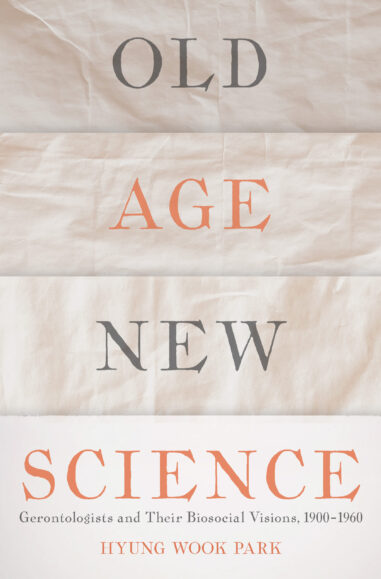

Hardcover $55.00
Request Exam or Desk Copy. Request Review Copy
Old Age, New Science
Gerontologists and Their Biosocial Visions, 1900-1960
Park's splendid accomplishment appears propitiously. Park extends to newcomers and veterans in gerontology illuminating lessons. Mining the past for precedents that might inform present thinking entails more than prefatory throat-clearing. Park shows a second generation of gero-historians how to offer possibilities for rediscovering patterns and mechanisms through concerted searches for a usable past.

